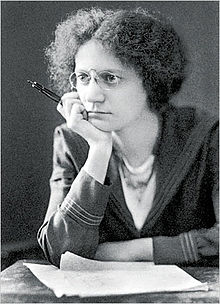
This talk explores the use of meat as a metaphor in "Malinke's Atonement" a 1911 short story by Jewish-American author Mary Antin. Antin's story offers a fascinating insight into the development of Jewish American identity and immigrant life in the United States at the beginning of the twentieth century. Antin's subversive vision of the poor Malinke, a 9 year old girl from a shtetl in Czarist Russia, and her defiance rebellion against the local Rabbi and the oppressive laws of kashrut - is relevant to a conflict at the heart of Jewish identity in the United States, and meat is at the heart of it. Through her negotiation of what and how one should consume meat, Malinke not only gains an unprecedented sense of agency; she also, at the same time, expresses her fear of losing her self-definition as a practicing Jew. This is especially interesting in its American context, and more specifically in the context of the publication of this story in The Atlantic in 1911. This setting provides her writing with more than a backdrop. The story comes to its particular form of existence in interaction with the network of relations that surround it: Her literary depiction of a poor yet brilliant and ambitious Jewish girl in Czarist Russia is meant to convince the American readers of The Atlantic in 1911 that east European Jews are fit for American life. Fictionalizing Jewish life in Czarist Russia Antin in fact writes the life of east European immigrants in the United States - free of xenophobic stereotypes that were popular at the time.